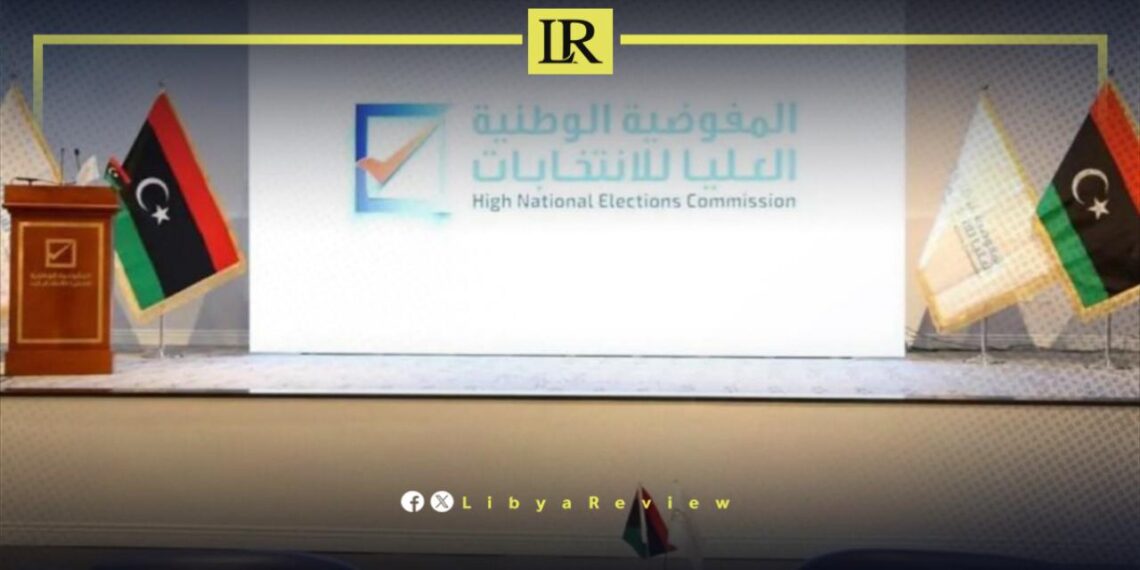The National High Commission for Elections announced the statistics for voter registration for the 60 municipal councils targeted in the electoral process, with a total of 151,898 registered voters.
According to the Commission’s Facebook page, the number of male voters is 112,550, while female voters account for 39,348.
Libya has faced significant hurdles in its journey toward stable governance since the 2011 revolution that toppled long-time leader Muammar Gaddafi.
The revolution’s aftermath plunged the country into a protracted civil conflict, fragmenting Libya into competing political and military factions and severely impacting national institutions, including the electoral system.
The 2015 Libyan Political Agreement, signed in Skhirat, Morocco, aimed to unify Libya’s governance structures. However, implementation has been slow and fraught with ongoing conflict.
The Berlin Process, initiated in 2020, brought together international stakeholders to support a ceasefire and a political roadmap, including facilitating elections. Despite these efforts, achieving unified and stable governance remains challenging.
The municipal council elections are critical for re-establishing local governance and ensuring Libyan citizens have a voice in local affairs.
These elections are part of a broader strategy to decentralize power and build democratic institutions from the ground up. International support, particularly from the UN, is vital in providing the technical assistance, resources, and oversight needed for free and fair elections.


